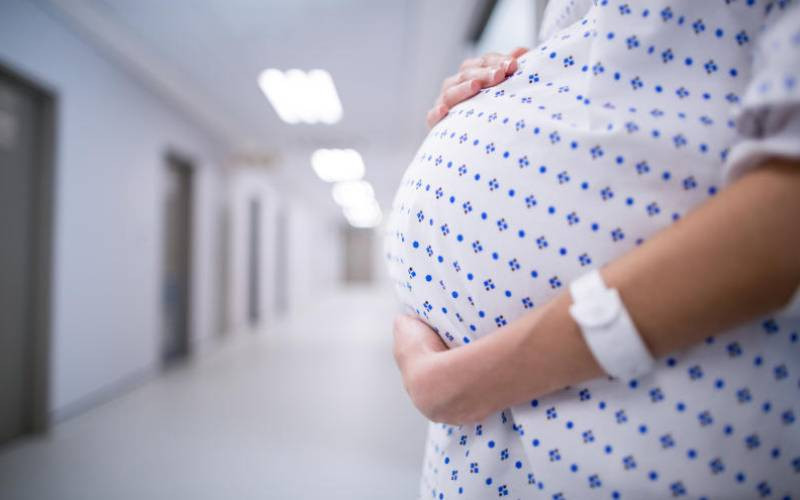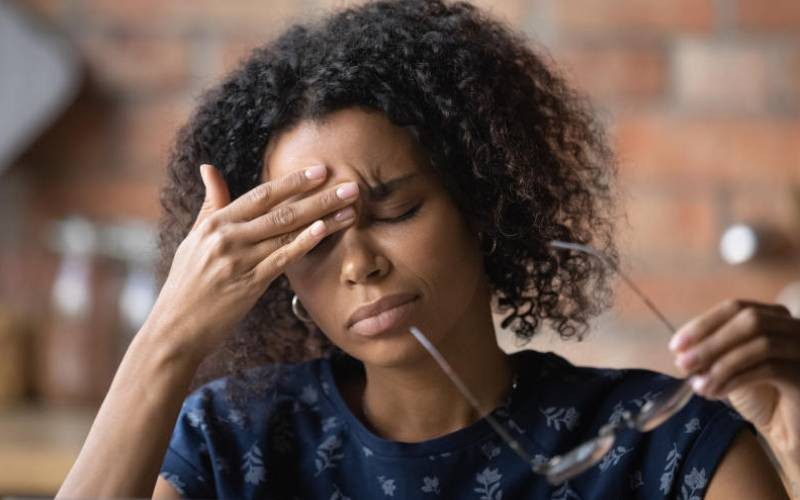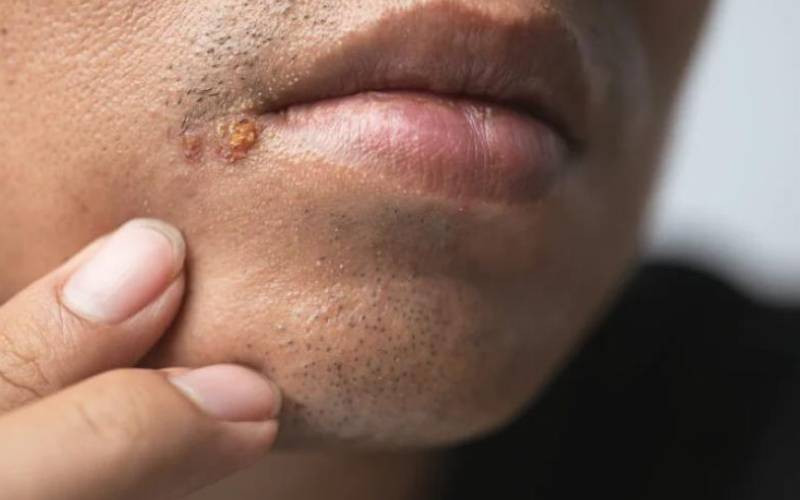 In 2009, the World Health Organisation (WHO) declared that leprosy, an infectious disease that causes severe, disfiguring skin sores and nerve damage in the arms and legs, had been eliminated.
In 2009, the World Health Organisation (WHO) declared that leprosy, an infectious disease that causes severe, disfiguring skin sores and nerve damage in the arms and legs, had been eliminated.
But in Muhoroni, an 80-year-old woman is struggling with the disease, which leaves sufferers with the added burden of stigma.
Philister Ogodo cannot recall exactly how she got the disease caused by the bacteria Mycobacterium leprae.
She only remembers that 20 years ago, she started experiencing numbness and severe pain in her body, especially the limbs. Since she was then aged about 60, she linked her discomfort to her ageing body.
“I visited a local retired doctor in the neighbourhood who gave me painkillers whenever I felt the strange pain,” she says.
However, her situation deteriorated. It took five years for her to be diagnosed with leprosy.
“My fingers began to bend inwards and it was very painful. I could not perform even the simplest task. By then, my late husband, Dismas Ogodo, had retired from the Muhoroni Sugar Company so we could not afford medical treatment.”
Neighbours got concerned about her condition and told her late son, Benard Ogodo who, with the help of his friends, took her to Alupe Leprosy Hospital in Busia.
After she was diagnosed, Philister was admitted for one year during which her condition improved remarkably.
But 15 years later, the disease re-surfaced.
“By that time, only one of my ten children was left; the rest had died. Four years ago, he left for Mombasa and I haven’t heard from him since,” she says, her face clouding before tears course their way down her cheeks.
As her condition worsens, Philister can only rely on her disfigured, numb hands to perform her normal household chores and also plant her own food. It is difficult but she has no choice.
She says she has no one to help her and fears that soon she will not be able to help herself as her condition continues to worsen.
“There was one family friend who was willing to help me. He took me to a hospital in Kericho. I was asked what hospital was close by where I could get medication from and I proposed Kisumu District Hospital,” she says.
The doctors in Kericho referred her to the Kisumu District Hospital, she says, but she was turned down when she went to collect medication. Philister claims the hospital could not attend to her because she had “bypassed them and gone to another facility”.
“They told me because I had not started my treatment with them, I should continue getting medicine from the hospital I visited first. I gave up and resigned myself to fate,” she says.
Much has she has given up, Philister wishes help could come her way soon so that she can have some ease in her sunset years.
Her eyesight is failing; another effect of leprosy – it damages the eyes, which could develop ocular complications such as corneal ulceration or iridocyclitis (inflammation of the iris and ciliary body), which in turn can cause glaucoma or cataracts.
“I don’t want my eyes to fail me. How will I survive in this world blind?”
Leprosy facts
· Leprosy is spread through repetitive and close contact with nose and mouth droplets of an infected person
· Affects children more than adults
· The WHO estimates that there are 180,000 people worldwide with the disease
· It takes between two and five years for leprosy symptoms to manifest after a person comes into contact with the bacteria
· In 2012, the WHO detected 20,599 cases in Africa
Photo: www.barc.brad.ac.uk
 The Standard Group Plc is a multi-media organization with investments in media platforms spanning newspaper print
operations, television, radio broadcasting, digital and online services. The Standard Group is recognized as a
leading multi-media house in Kenya with a key influence in matters of national and international interest.
The Standard Group Plc is a multi-media organization with investments in media platforms spanning newspaper print
operations, television, radio broadcasting, digital and online services. The Standard Group is recognized as a
leading multi-media house in Kenya with a key influence in matters of national and international interest.










